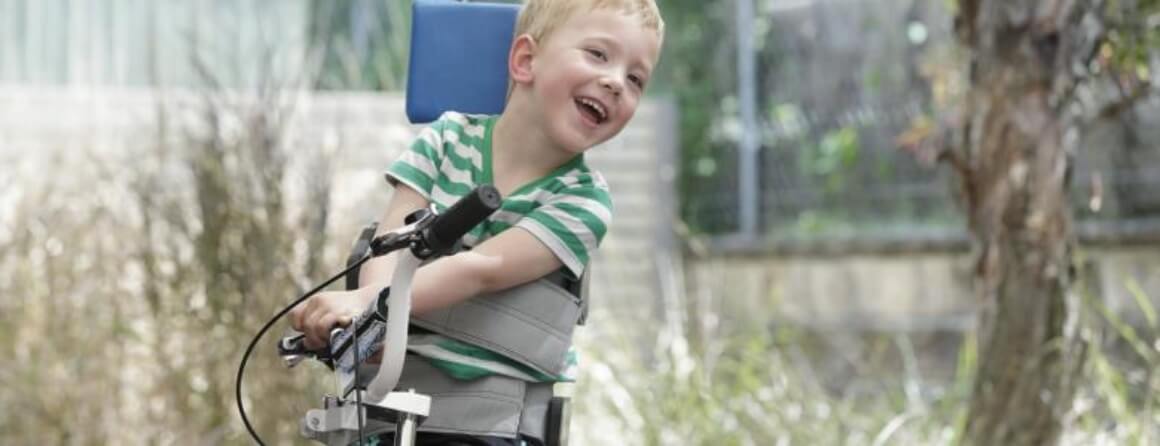Australia first: cord blood research may unlock future treatments for cerebral palsy

Australia’s first clinical trial of stem cell infusion from cord blood as a possible treatment for cerebral palsy (CP) is commencing in Melbourne.
The safety trial, led by the Murdoch Children's Research Institute, will recruit patients nationally and take place at The Royal Children’s Hospital. Expected to take two years, the study is being funded by the Cerebral Palsy Alliance Research Foundation and Cell Care, Australia’s largest private cord blood bank. It is the first step in a promising process that eventually aims to find out whether cord blood infusion is both safe and efficacious for children with the condition.
Professor Dinah Reddihough, Head of Developmental Disability and Rehabilitation Research at MCRI and lead investigator commented, “We are very excited about the announcement of this study which will primarily assess the safety of using sibling cord blood in children with CP. The study will also make preliminary investigations into changes in motor skills in these children.”
For this safety trial, MCRI will recruit children with CP aged one to 11 years, who have sibling cord blood stored in one of Australia’s family cord blood banks.
“Early-stage clinical studies have suggested that there may be slight improvements in motor function when a child’s own cord blood or unrelated cord blood, has been infused in the setting of CP. This study is assessing sibling cord blood infusion as a possible treatment for children with CP. Siblings have a 25 per cent chance of being a full match and we therefore expect only a small group of children will be eligible for this trial,” said Professor Reddihough.
Cerebral palsy is a physical disability that affects movement and posture. It is a permanent life-long condition and is caused by damage to the developing brain either during pregnancy or shortly after birth. Every 15 hours, an Australian child is born with CP, making it the most common physical disability in childhood.
Professor Iona Novak, Head Of Research, Cerebral Palsy Alliance Research Institute said that “the importance of the study cannot be underestimated”.
“Unfortunately we hear of many Australian children with CP and their families travelling overseas to receive unregulated stem cell treatments at great cost. This study, using cord blood which has been stored under Australian Government regulated conditions, is an important first step towards potentially improving treatment options available for children with CP,” said Professor Novak.
Many Australian families have stored their children's cord blood in anticipation of future advances in the field. In anticipation of research trials in Australia, Cell Care recently established a free cord blood collection and storage program for siblings of a child with CP which has had strong uptake.
Melbourne mother, Carly Stewart, has three children including eight-year old Lachlan who was diagnosed with CP shortly after birth. Commenting on the start of the trial, Ms Stewart said, “I’m so glad that we made the decision to store both of Lachlan’s siblings’ cord blood in the hope that one day he might benefit. We are excited about this Australian trial commencing and the promising future of this much-talked about treatment. I encourage other families to store their children's cord blood."
More information
Entry into the Study
In order to be screened for eligibility to the study, the following criteria must be met:
- Children with CP aged one to 11 years of age
- Stored sibling cord blood
If these criteria are met, individuals can then be assessed for eligibility to the study.
Contact us
If you have a child with cerebral palsy and have stored cord blood from a subsequent sibling, please contact the Study Coordinator via email: show email address or phone (03) 9936 6756.
Downloads
![]() Trial Fact Sheet (PDF, 289.44 kB)
Trial Fact Sheet (PDF, 289.44 kB)
Useful links
Vist the Cerebral Palsy Alliance website
Visit the Cell Care website



